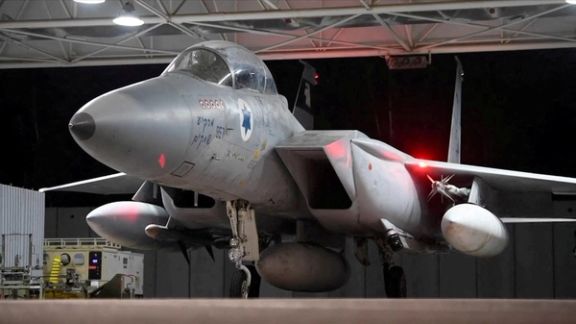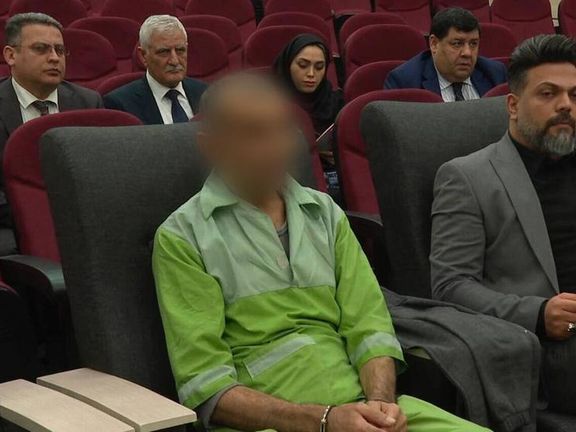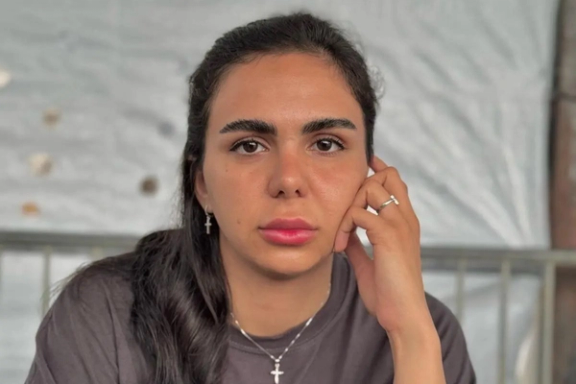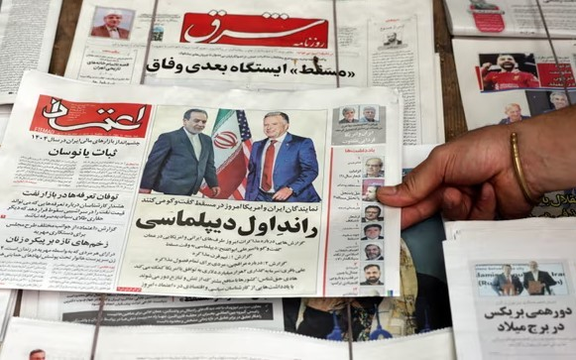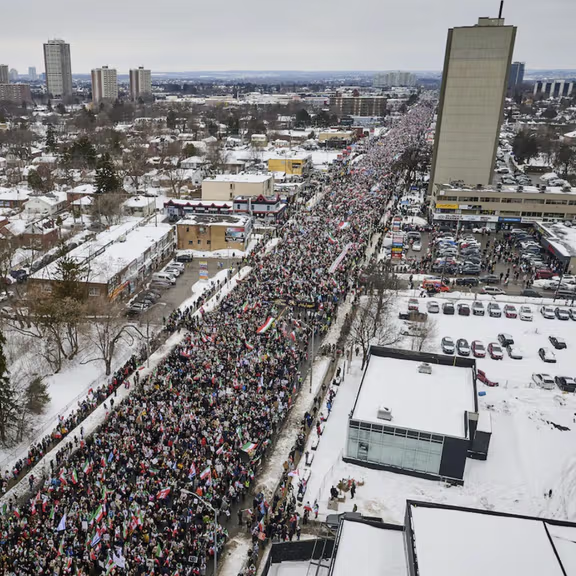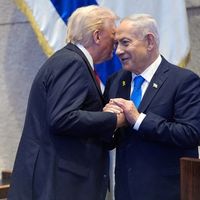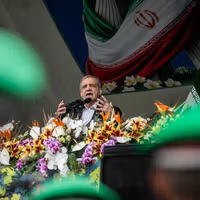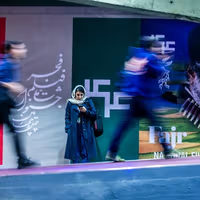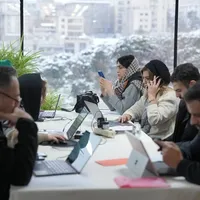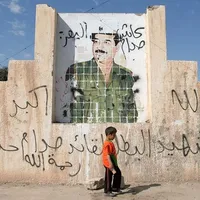Citing intelligence sources, the report said that among the military preparations the US has observed are the movement of air munitions and the completion of an air exercise.
Additionally, CNN said intelligence had come from intercepted Israeli communications.
A source close to US intelligence told CNN that “the chance of an Israeli strike on an Iranian nuclear facility has gone up significantly in recent months and the prospect of a Trump-negotiated US-Iran deal that doesn’t remove all of Iran’s uranium makes the chance of a strike more likely.”
In a letter to Iran’s Supreme Leader Ali Khamenei in mid-March, Trump set a 60-day deadline for the resolution of a new nuclear deal to replace the JCPOA from which Trump left during his first presidency in 2018.
According to a source familiar with the communication, CNN reported that it has now been more than 60 days since that letter was delivered, and about 40 days since the first round of talks began.
Trump warned that there will be “bombing the likes of which they have never seen before” before the talks commenced.
However, after the fourth round of Oman-mediated negotiations, Khamenei on Tuesday said the discussions look likely to fail as the US insists that Iran stops all uranium enrichment.
"Saying things like 'we won’t allow Iran to enrich uranium' is way out of line," he said. "We do not think (the talks) would yield results now."
Iran is the only non-nuclear weapon state enriching uranium to 60% U-235, a level that causes "serious concern," according to International Atomic Energy Agency (IAEA) Director General Rafael Mariano Grossi.
The IAEA has consistently maintained that there is no credible civilian use for uranium enriched to this level, which is a short technical step from weapons-grade 90% fissile material. Iran's stockpile of 60% enriched uranium had increased to 275 kg, enough to theoretically make about half a dozen weapons if Iran further enriches the uranium.
Speaking to CNN, Jonathan Panikoff, a former senior intelligence official specializing in the region said that the talks have put Israel “between a rock and a hard place” as Israeli Prime Minister Benjamin Netanyahu now waits for Trump’s next moves.
“At the end of the day, the Israeli decision-making is going to be predicated on US policy determinations and actions, and what agreements President Trump does or does not come to with Iran,” Panikoff said, stressing that even Netanyahu would not be as bold as to act without tacit US approval.
Iran's air defenses were significantly weakened after Israeli bombings in October, though the country's top military commander announced renewed air defense systems this week.
The US intelligence source told CNN: “I think it’s more likely they [Israel] strike to try and get the deal to fall apart if they think Trump is going to settle for a ‘bad deal. The Israelis have not been shy about signaling that to us … both publicly and privately.”
A previous CNN report showed that according to a US intelligence assessment from February, Israel could use either military aircraft or long-range missiles to capitalize on Iran’s degraded air defense capabilities after the October strikes.
In the same month, US intelligence agencies issued warnings that Israel will likely attempt to strike facilities key to Iran’s nuclear program this year.
It has “consistently been the Israeli position that the military option is the only option to stopping Iran’s military nuclear program,” one US official told CNN.

